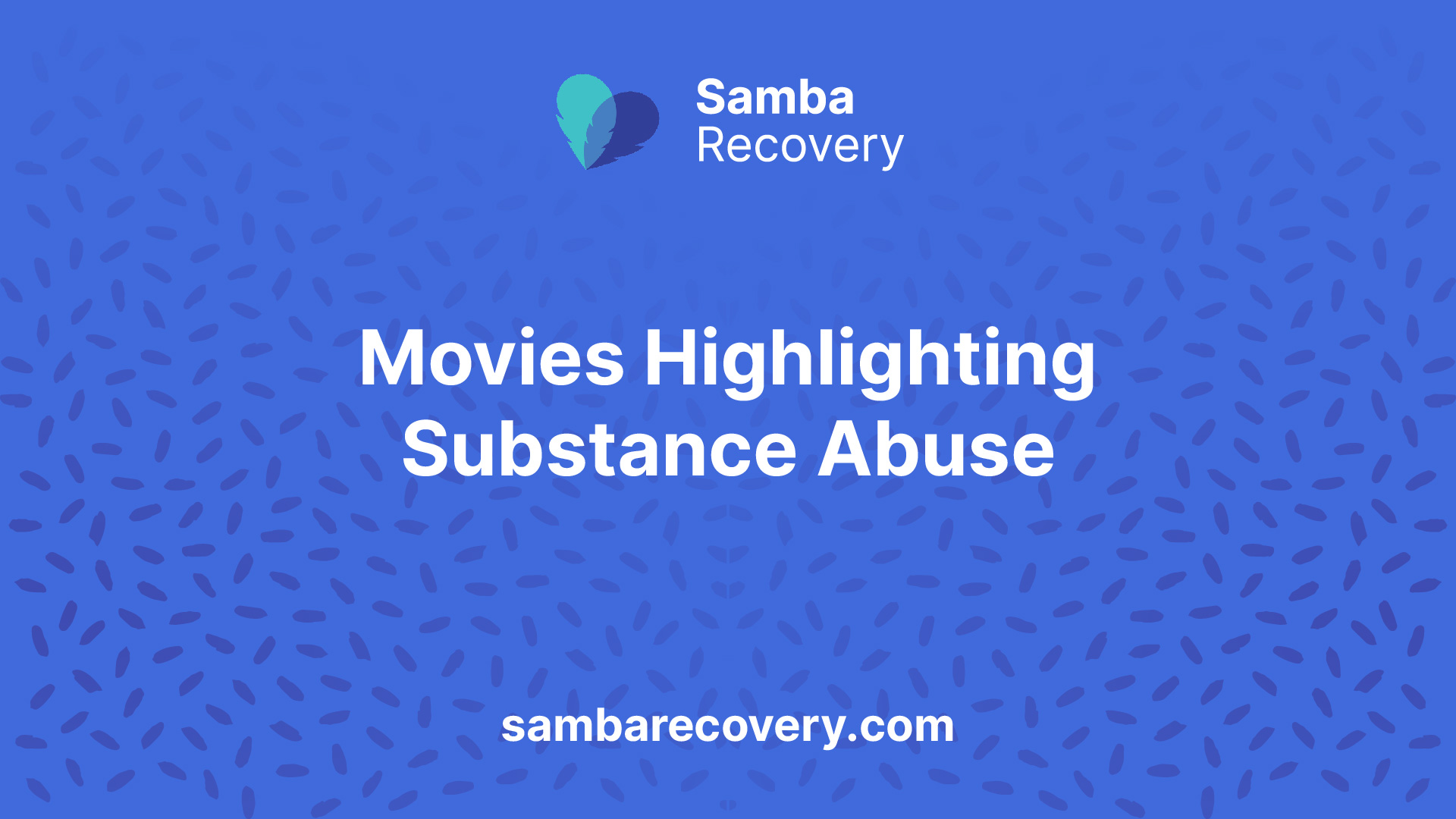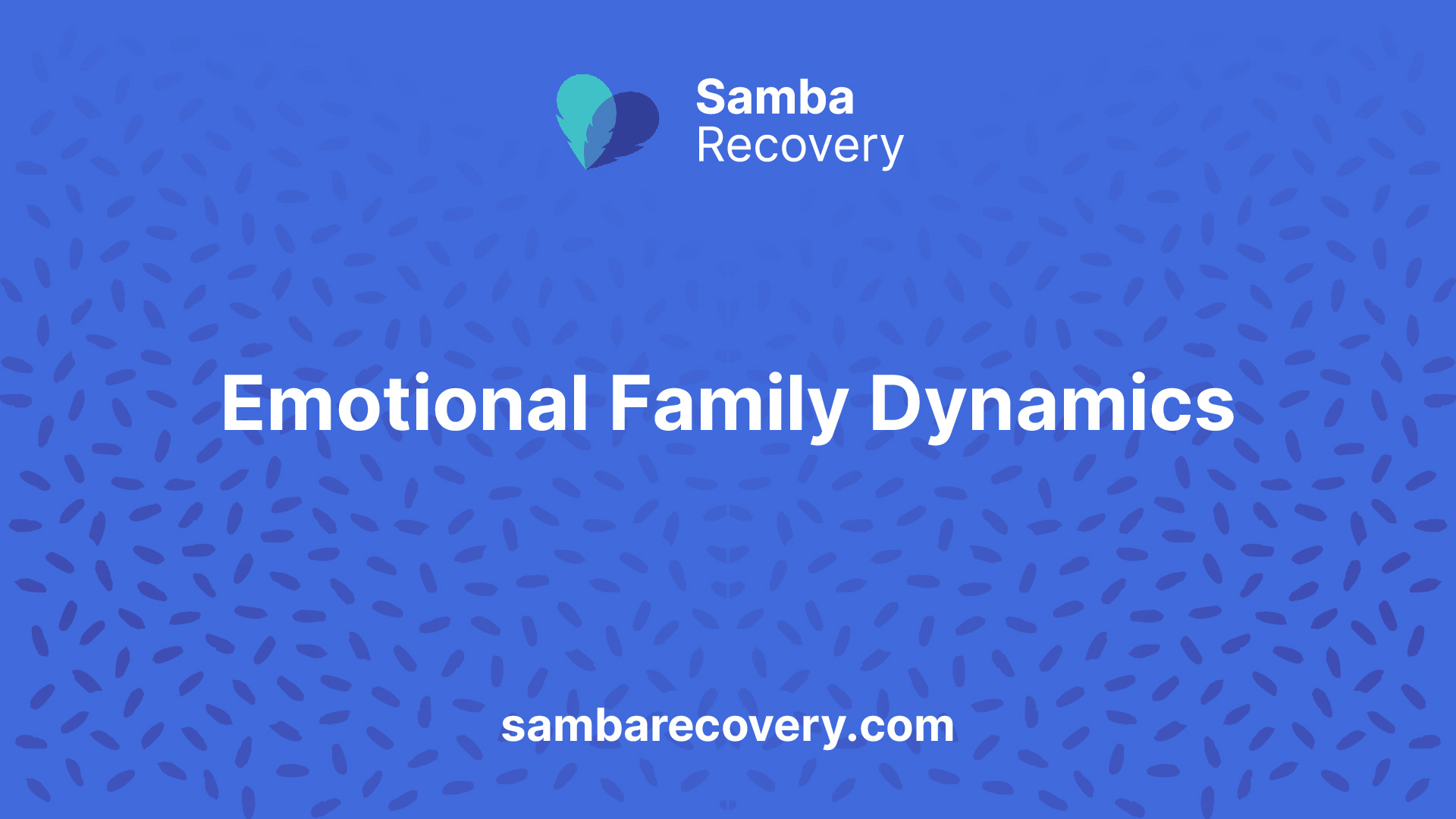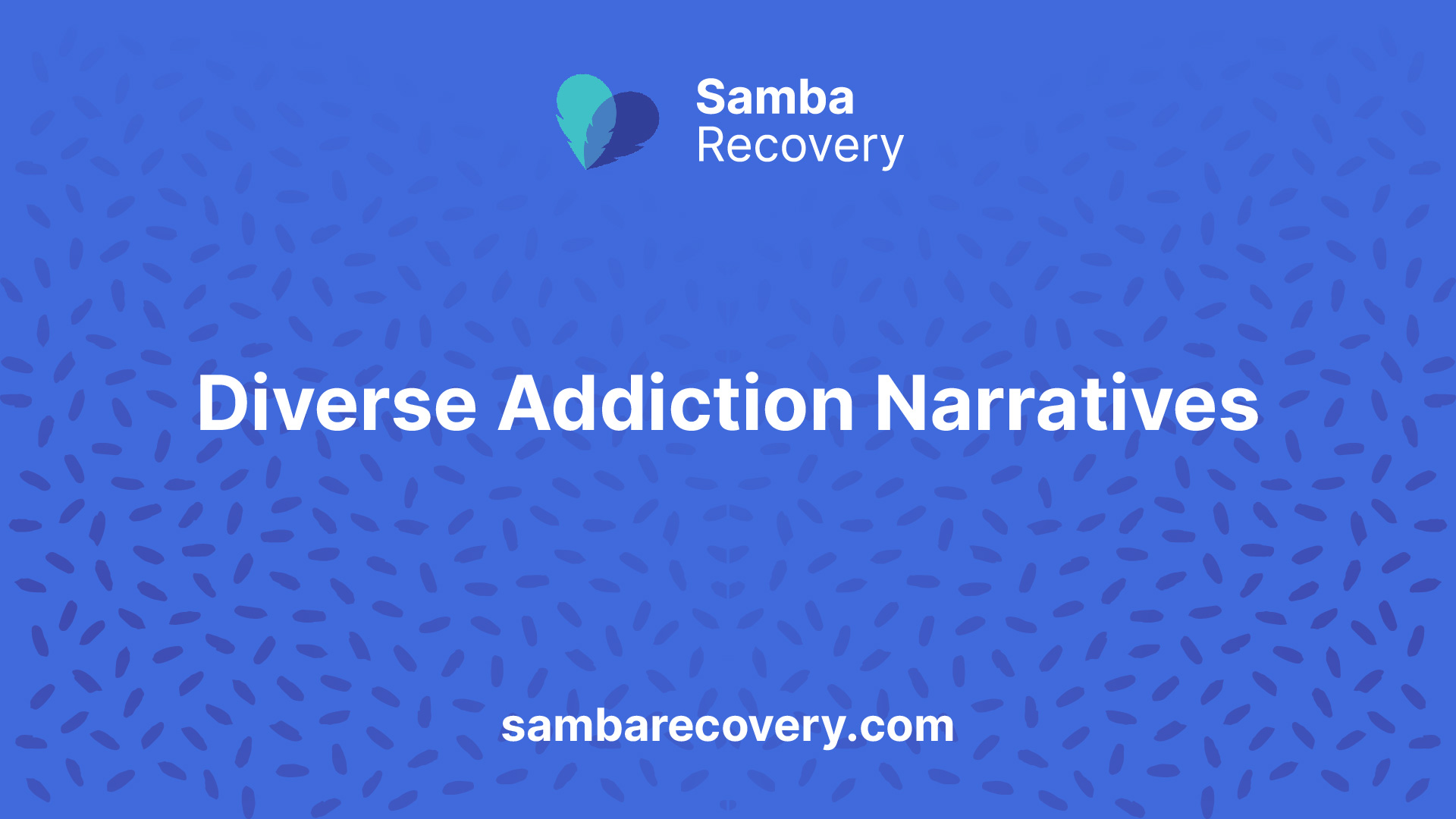
Addiction and Recovery in Film
Movies have long been a powerful medium for exploring the complexities of addiction and the journey of recovery. They can provide a window into the lives of individuals grappling with substance abuse, showcasing the harsh realities and challenges they face. In this section, we will explore the realistic portrayals of addiction and the evolving perspectives depicted in films.
Realistic Portrayals
Films like “Trainspotting” and “Requiem for a Dream” have gained acclaim for their realistic portrayals of addiction. These movies delve deep into the lives of their characters, offering a raw and unfiltered look at the struggles and consequences of substance abuse [1]. By depicting the dark realities of addiction, these films aim to raise awareness and foster empathy towards individuals battling addiction.
Authentic storytelling in drug addiction films serves as a powerful tool to break down the stigma associated with addiction. These movies provide a glimpse into the emotional, physical, and psychological toll that addiction takes on individuals and their loved ones. By accurately representing the experiences of those grappling with addiction, these films create a connection between the audience and the characters on screen, fostering a sense of understanding and empathy.
Evolving Perspectives
The modern cinematic landscape has witnessed a shift towards more complex and nuanced portrayals of addiction. Filmmakers have moved away from the traditional stereotype of the hopeless addict, instead exploring addiction as a disease rather than a moral failing. This shift reflects a better understanding of the underlying issues surrounding addiction and how it intersects with broader societal challenges.
Films like “Requiem for a Dream” tackle the horrifying narrative of drug addiction, portraying the devastating impact it has on individuals and relationships. Additionally, movies like “Don Jon” shed light on addiction beyond substance abuse, focusing on other forms such as pornography addiction. This broader exploration of addiction helps to break down stereotypes and highlight the diverse nature of this complex issue [3].
By presenting evolving perspectives on addiction, films have the power to challenge societal perceptions and foster meaningful discussions. Through accurate and empathetic storytelling, these movies offer a platform to educate and create awareness about the intricate issues surrounding addiction and recovery.
As movies continue to shed light on addiction and recovery, they play a crucial role in shaping public understanding and encouraging conversations about this important topic. Whether through realistic portrayals or evolving perspectives, these films provide a platform for empathy, understanding, and support for individuals on their journey towards addiction freedom and recovery.

Movies Highlighting Substance Abuse
Movies have the power to captivate audiences and shed light on the complex and challenging journey of addiction and recovery. Several films have gained acclaim for their realistic portrayals of substance abuse, offering viewers an opportunity to gain insight into this often misunderstood struggle. In this section, we will explore two notable movies that highlight substance abuse: “Trainspotting” and “Requiem for a Dream,” as well as the television series “Euphoria” and “Elementary.”
“Trainspotting” and “Requiem for a Dream”
“Trainspotting” and “Requiem for a Dream” have both received critical acclaim for their raw and unflinching portrayals of addiction. Directed by Danny Boyle, “Trainspotting” takes viewers on a journey through the lives of a group of heroin addicts in Edinburgh, Scotland. The film delves deep into the dark realities of addiction, showcasing the physical, emotional, and social consequences of substance abuse.
Similarly, “Requiem for a Dream,” directed by Darren Aronofsky, offers a haunting narrative that explores the destructive nature of addiction. The film follows the lives of four individuals as their dreams and aspirations are shattered by their drug dependencies. Through its intense and often visceral scenes, “Requiem for a Dream” illustrates the devastating impact addiction can have on individuals and their relationships [3].
“Euphoria” and “Elementary”
Moving beyond the realm of movies, the television series “Euphoria” and “Elementary” also tackle the topic of addiction. “Euphoria,” an American teen drama series, has gained attention for its unflinching portrayal of addiction among young people. The show delves into heavy topics such as drug use, relapse, self-harm, and domestic violence, providing a realistic and sometimes unsettling portrayal of addiction.
In contrast, “Elementary” takes a unique approach by reimagining the classic Sherlock Holmes stories. The series presents Sherlock Holmes as a person in addiction recovery, actively participating in a 12-step program to overcome his substance abuse issues. Through this portrayal, “Elementary” explores the challenges and complexities of addiction recovery while highlighting the importance of support systems and personal growth [1].
These movies and television series provide thought-provoking and emotionally charged narratives that shed light on the realities of substance abuse. By depicting the struggles and consequences associated with addiction, they aim to foster understanding and empathy among viewers. However, it’s important to remember that these portrayals are fictional and may not capture the full complexity of each individual’s experience with addiction. If you or someone you know is struggling with addiction, seeking professional help and support is crucial on the journey toward addiction freedom.

Emotional Family Dynamics
When exploring the theme of addiction and recovery in film, it is impossible to ignore the impact it has on family dynamics. One film that delves into this aspect is “Beautiful Boy.” The movie offers a heart-wrenching portrayal of a father navigating his son’s addiction, showcasing the complexities of addiction, from denial to recovery [1].
In “Beautiful Boy” (2018), the film is based on real events and details the life of Nic Sheff, who has a severe addiction to crystal meth, and his father’s attempts to help him become sober. The movie delves into the emotional turmoil experienced by both the individual struggling with addiction and their family members [4].
The film highlights the profound impact addiction can have on family relationships. It portrays the struggle of a parent witnessing their child’s spiral into addiction and the desperate attempts to save them. The emotional toll on the family is palpable, as they grapple with feelings of helplessness, frustration, and heartbreak.
The depiction of emotional family dynamics in “Beautiful Boy” serves as a reminder that addiction affects not only the individual but also their loved ones. Family members often experience a rollercoaster of emotions, ranging from anger and disappointment to hope and unwavering support. The film effectively captures the complexities and challenges faced by families dealing with addiction.
Impact on Relationships
Addiction has a profound impact on relationships, and this theme is explored in various films. For instance, “A Star is Born” (2018) depicts the story of Jackson Maine, a struggling musician who turns to alcohol and drugs to cope with fame pressures. The film showcases the isolating nature of addiction, the power of seeking help, and the challenging journey to recovery. It emphasizes the importance of support for individuals struggling with addiction and those supporting them.
Another film that delves into the impact of addiction on relationships is “Rocketman.” This 2019 biopic about Elton John narrates his rise, fall, and recovery, including struggles with substance abuse, gambling addiction, and complex relationships. The film portrays the harrowing effects of addiction on Elton’s life and career but ultimately conveys a message of hope, redemption, and the transformative power of music in his journey back to sobriety [5].
These films shed light on the strain addiction can place on relationships, whether it’s strained partnerships, fractured friendships, or damaged familial bonds. They illustrate the importance of open communication, understanding, and support in navigating the challenges of addiction recovery.
By exploring emotional family dynamics and the impact of addiction on relationships, these films provide viewers with a deeper understanding of the complexities and struggles faced by individuals and their loved ones. They serve as powerful reminders of the importance of empathy, compassion, and support in the journey towards addiction freedom and recovery.

Diverse Addiction Narratives
In the realm of realistic films about addiction and recovery, there are several movies that stand out for their authentic portrayal of the complexities individuals face on their journey to sobriety. This section will explore two films, “Memory” (2023) and “The Beekeeper,” that provide diverse and thought-provoking narratives surrounding addiction and recovery.
“Memory” (2023)
“Memory” (2023) is a film that offers a thoughtful portrayal of a person in recovery from alcohol addiction. This movie sheds light on the ongoing struggle individuals face in maintaining sobriety [1]. The narrative focuses on the character’s unwavering commitment to sobriety, despite the myriad of challenges they encounter along the way. This film showcases the resilience and determination required to achieve and maintain addiction freedom [6].
“The Beekeeper”
“The Beekeeper” is another noteworthy film that delves into addiction and recovery. While the details about the plot and narrative specifics are limited in the available context, it is a film that adds to the diverse range of addiction narratives in cinema. By exploring the struggles and triumphs of its characters, “The Beekeeper” sheds light on the complexities of addiction and the journey toward recovery.
These movies, “Memory” (2023) and “The Beekeeper,” contribute to the rich tapestry of addiction and recovery narratives in film. They provide unique perspectives on the challenges individuals face and highlight the importance of resilience and determination in the recovery process. By watching these films, audiences can gain a deeper understanding of the struggles individuals endure while on the path to sobriety.
Historical Representations
In the realm of movies about addiction and recovery, certain films have made a lasting impact by shedding light on the devastating effects of substance abuse and the journey towards recovery. Two notable historical representations of addiction and recovery are “The Lost Weekend” and “Days of Wine and Roses.”
“The Lost Weekend”
Directed by Billy Wilder and released in 1945, “The Lost Weekend” authentically captures the story of a man’s descent into alcoholism over the course of a weekend. The film revolves around the struggles of the main character, Don Birnam, as he battles his addiction to alcohol. It vividly portrays the suffering caused by chronic alcoholism and the impact it has on both the individual and those around them.
“The Lost Weekend” touched the hearts of many by depicting the harsh realities of addiction and the immense challenges faced by those seeking recovery. The film showcases Don’s journey as he grapples with his addiction and eventually finds the strength to confront his demons. Through compelling storytelling and powerful performances, “The Lost Weekend” has become an enduring portrayal of addiction and the profound impact it can have on an individual’s life.
“Days of Wine and Roses”
Released in 1962, “Days of Wine and Roses” is another significant film that explores the destructive consequences of alcohol addiction. Directed by J.P. Miller, the drama delves into the lives of Joe Clay and Kristen Arnesen, a couple whose lives spiral into severe alcoholism [7]. The film showcases the heartbreaking journey of both characters as they struggle to overcome their addiction and rebuild their lives.
“Days of Wine and Roses” highlights the devastating effects of addiction on personal relationships and the toll it takes on individuals and their loved ones. The film portrays Joe’s gradual realization of his addiction and his decision to join Alcoholics Anonymous, setting him on a path to recovery. Through its poignant storytelling and exceptional performances, “Days of Wine and Roses” remains a powerful depiction of the struggles and triumphs experienced on the road to addiction recovery.
By exploring historical representations of addiction and recovery in films like “The Lost Weekend” and “Days of Wine and Roses,” viewers gain insight into the challenges faced by individuals grappling with substance abuse. These films serve as reminders that recovery is possible and inspire hope for those seeking addiction freedom and a brighter future.

Documentaries on Recovery
Documentaries can provide powerful insights into the journey of addiction and recovery. These films offer a real-life perspective, showcasing the challenges faced by individuals and the hope that can be found in the recovery process. Two notable documentaries in this genre are “The Anonymous People” and “Generation Found.”
“The Anonymous People”
Released in 2013, “The Anonymous People” sheds light on the discrimination and isolation experienced by individuals dealing with addiction. The documentary challenges the stigma associated with addiction by emphasizing that it is a disease, not a choice [5]. Through personal stories of recovery, the film highlights the importance of community and support in overcoming addiction. It aims to break down barriers and encourage open conversations about addiction.
For those seeking inspiration and a deeper understanding of addiction as a whole, “The Anonymous People” offers a compelling narrative that showcases the resilience and strength of individuals on the path to recovery.
“Generation Found”
“Generation Found” is a 2016 documentary that follows the journey of teenagers in Houston, Texas, as they confront addiction and work towards recovery. The film highlights the significance of community, friendship, and support in the recovery process. It showcases the teenagers’ engagement in various activities such as music, art, and sports, which play a crucial role in their recovery journey.
By emphasizing the power of accountability and teamwork, “Generation Found” demonstrates how young individuals can find hope and healing through connection and shared experiences. The film serves as a source of inspiration for those struggling with addiction and offers insights into the transformative potential of community-based recovery programs.
Both “The Anonymous People” and “Generation Found” contribute to the understanding of addiction as a complex issue that requires support, compassion, and resources for successful recovery. These documentaries shed light on the realities of addiction and offer a glimpse into the lives of those who have found strength and redemption on their journey towards addiction freedom.
References
[2]: https://www.coniferpark.com/blog/realistic-films-about-addiction
[4]: https://mastercenter.com/addiction-and-recovery-movies/
[5]: https://englishmountain.com/blog/best-films-about-addiction-recovery/
[6]: /addiction-freedom






